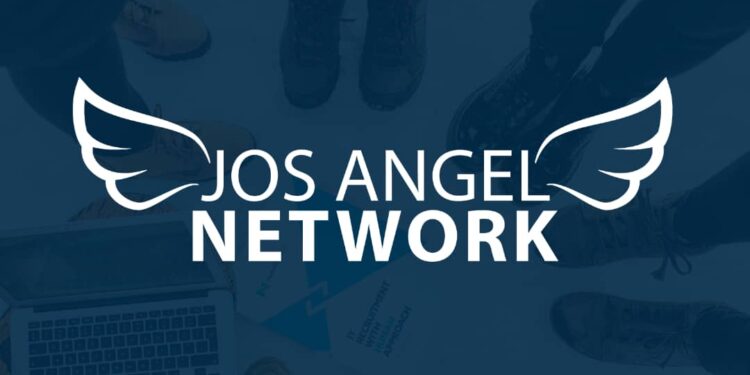Until 2019, the Jos startup ecosystem had lacked the presence of an angel network.
An angel network is made up of high-networth individuals who fund startups from their early stages, particularly in the pre-seed and seed stages, in exchange for equity or shares in the company.
The consequences of their absence were evident in the collapse of unfunded startups in Plateau state that either crashed or froze in the ideation stage.
nHub’s Jos Angel Network
In August 2019, Northern Nigeria’s pioneer hub, nHub launched the Jos Angel Network. The network was aimed at helping startups scale by providing funding, mentorship and support; As well as change the framework of the ecosystem in Plateau and drive more investment and growth into the state.
In September 2019 at an explainer event hosted at the Hub, Theodore Longji, CEO of nHub stated that the Jos Angel Network was designed like every other angel network. He added that the network was to create a bridge between angel investors and startups in a situation where most investors are not ready to back them up.
Highlights of that event included the presentation of three startups who pitched their business ideas to the audience in exchange for an equity share.
The startups presented were Interna, a startup aiding companies in their recruitment services, Orange Credit – a micro lending platform, and Funky Big Farm.
By the end of the event, a fee was offered to purchase Interna and Orange Credit received a partnership from one of the founders.
In a chat with CRESTHUB, Nanle Philemon, Founder, Orange Credit, revealed that his startup was the first to acquire a lending license in Plateau under the Northern act of micro lending in Nigeria. The license granted his startup the opportunity to provide soft loans to small and medium enterprises (SMEs) in the state and by extension the north.
According to Philemon, “Orange Credit in its first three months of operations processed transactions and mobilized funding close to 100 million naira”.
“The company prospered but due to the regulatory policies of the Central Bank, its operations shifted, resulting in the use of a microfinance bank license from the CBN”, he added.
The startup eventually ceased operations due to more regulatory protocols.
Challenges around the Network
Three years after its launch, the Jos Angel Network has been silent. Questions have been asked in regards to the network’s existence.
Answering the streams of questions, Theodore Longji, CEO, nHub on our bimonthly Twitter space chat, #CrestHubChats said that the network was a “pilot test”.
Longji explained that the pilot test was intended to assess the number of startups to incubate, educate prospective angels and also test the strength of the ecosystem; With these, it would validate the network’s growth, and bolster ways to grow the startups incubated.
“The Jos angel network was to replicate what the Lagos angel network was to the Jos ecosystem. The three major activities of the angel network was to educate prospective angels – give reasons as to why they should be investors, run a selection process through pitch events and finally, onboard startups”, he said.
After its launch, the network didn’t do as much as required of it as a result of weak responses from the public in in regards to its goals. This also portrayed the qualitative nature of startups as many were not as valuable as they appeared to be.
Also, the challenge of having very little angels to support the network was present–since its launch.
A notable feature of interest stated by Longji revealed that most angels would prefer to invest in agriculture than a tech company. This causes a shift in the spotlight of the ecosystem to what may be a more “lucrative and profitable” venture.
Moving Forward
The Jos Angel Network wants to redeem itself and bring its operations back in better shape.
“Examining the reasons as to why the first launch didn’t work as planned, we are currently building structures and education for both startups and angel investors”, he said.
The education process is currently done under the Build Back Better Strategy of Mr. Bashir Sheidu. This process would provide a vibrant and sustainable incubation program which would introduce digital social innovators (DSIs) for founders.
The DSIs would see that tech entrepreneurs and innovators operate for the benefit of the civil society and develop digital solutions to social challenges for a growing movement towards achieving said goals.

































